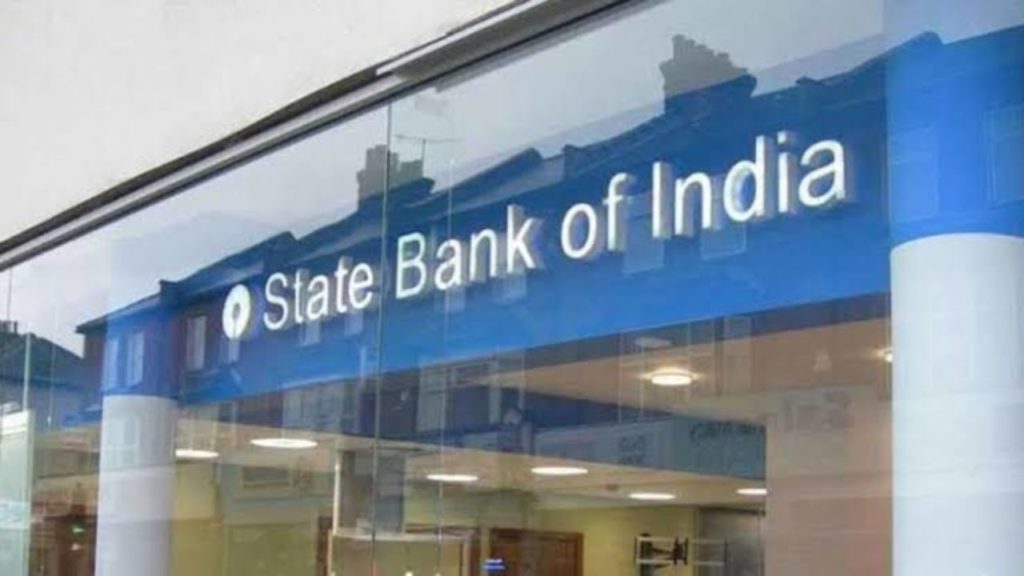Rs 1 Crore Penalty Imposed On SBI From Breaking These Rules; This Is What RBI Said..

The country’s largest lender State Bank of India has been imposed a penalty of Rs 1 crore by the central bank, Reserve Bank of India on November 26, on account of breaching a section of the Banking Regulation Act, 1949.
On Friday, RBI announced that it would charge SBI for holding shares in the borrower companies of an amount exceeding 30% of the paid-up share capital of those companies.
SBI Violated the Banking Regulation Act
As per Sub-section (2) of section 19 of the Banking Regulation Act, 1949, no banking company is allowed to hold shares in any company, either as pledgee, mortgagee or absolute owner, of an amount more than 30% of the paid-up share capital of that company, or 30% of its own paid-up share capital and reserves.
According to RBI, SBI has held shares in the borrower companies of an amount more than 30% of the paid-up share capital of those companies.
The central bank had conducted an inspection of SBI’s financial positions twice, as on March 31, 2018, and a year later on March 31, 2019, along with examining its risk assessment reports.
Regarding these inspections, RBI stated, “The examination of the risk assessment reports, inspection report and all related correspondence pertaining to the same, revealed, inter-alia, contravention of sub-section (2) of section 19 of the Act to the extent the bank held shares in borrower companies, as pledgee, of an amount exceeding30% of paid-up share capital of those companies.”
Following the inspection, RBI issued a notice to SBI, asking it for a reason to not continue with the imposition of the penalty. To this, the central bank responded, “We have come to the conclusion that the charge of contravention of the aforesaid provisions of the Act was substantiated”, and then went along instituting the monetary penalty.

Comments are closed, but trackbacks and pingbacks are open.